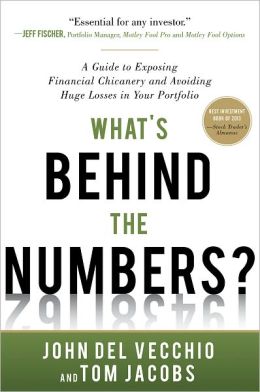In the late 1960s and early 1970s tech boom, my best friend Peter Newman’s (a pseudonym) father left his law practice to be general counsel for a startup. The company aimed to solve the nationwide affordable housing shortage through new tech modular housing. They mass-produced housing modules for sale at low cost to governments to assemble in multiple configurations. The problem would be solved!
Flashy brochures showcased the founders posing with the Secretary of Housing and Urban Development and offered detailed drawings of the assembly process. Mr. Newman, to his credit, said it was a speculation, but I wanted in. After the initial public offering (IPO), my Dad and I bought 10 shares for $170.
Around that time, Peter deserted our class for a local private school and we drifted apart. But I stayed glued to the company's stock price in the paper, watching my Dad and my growing paper profits.
But then, a few years later in high school, I was reading The New York Times. On the front page, above the fold, a headline blasted that Mr. Newman was indicted in connection with company misdeeds and fled to London. I didn’t understand the article’s business jargon but sure as heck grasped the significance of my friend’s father’s name and “felony” together in the greatest paper in the world.
Later, the whistleblower’s wife wrote a book where we learned the sorry story. Here's the bottom line.
In any boom, investors in new companies want sales growth now and figure the cash comes later. What investors in Mr. Newman’s company wanted, they got. Meanwhile, inside the company execs scrambled. Demand not only didn’t reach expectations but also was slowing. And as soon as they reported slowing numbers one quarter, Wall Street would torpedo the stock, along with their wealth. Backed into a corner, the company kept on producing modules and growing unsold inventory. But they counted each new unsold module as a sale, even though they received no cash and had no reasonable prospect of doing so.
Business rules don’t change. You either produce cash in excess of expenses or shut the doors. The company’s day of reckoning came soon, when the financial officer blew the whistle. As General Counsel, Mr. Newman was immediately suspected (No one believes the lawyers were clueless). He fled, returned, served time, and faded away, leaving a devastated family—let alone stockholders—in his wake.
After what I can only imagine to be years of struggle, Peter attended business school where, ironically, his father’s company’s revenue recognition games became a case study. Eventually, he grew wealthy through business success. Yet regardless of accomplishments, I bet neither Peter nor his siblings will ever forget the events that ended their youth.
The story is an example in Chapter 2 of John Del Vecchio and my book, where we hope it will serve as a warning. Beware the fast-growing company with revenues but no operating cash flow. The pressure to meet or beat Street expectations has always been so intense that management will often do anything, until they can do it no more.




